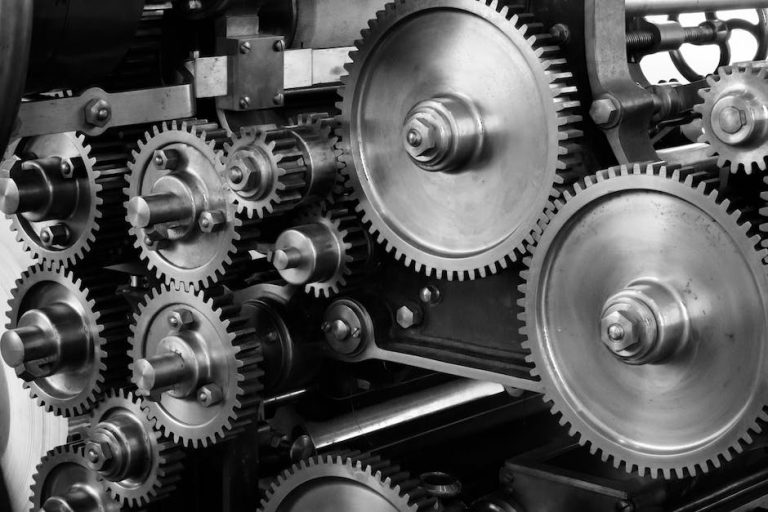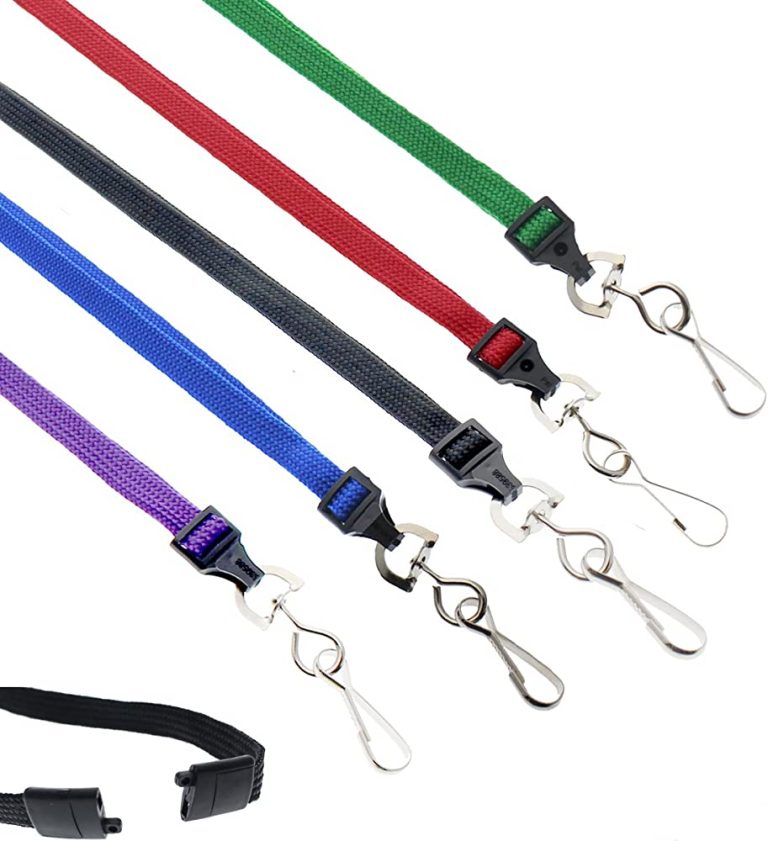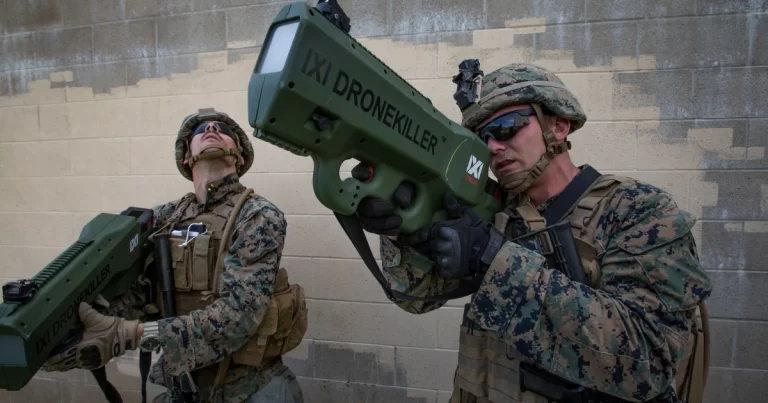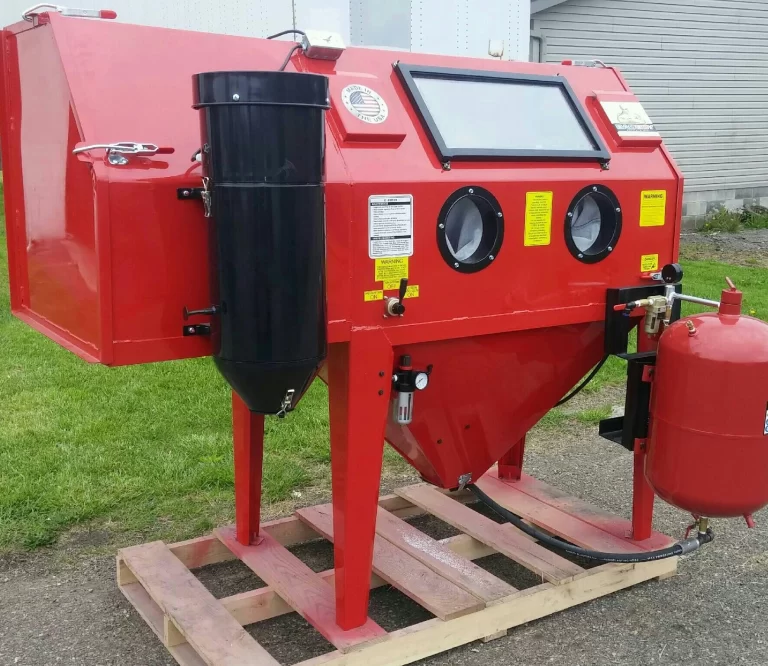Cash for Junk Cars: Comprehensive Guide In 7 Sections
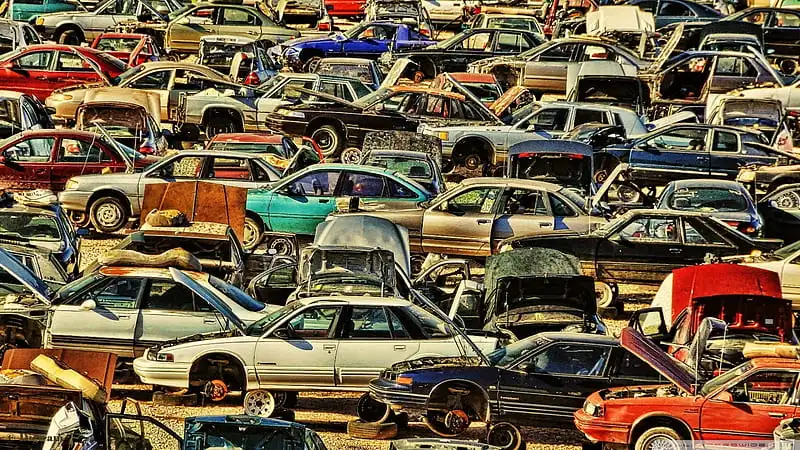
If you want to sell your junk car for cash, I can guide you through the process. Allow me to tell you what steps to take and what factors to consider to make the sales process smoother and more profitable. Let me tell you below. So let’s discuss in more detail below how to cash for junk cars.
Table of Contents
Introduction
The world of automobile ownership often presents challenges when vehicles become outdated, damaged, or simply too costly to repair. However, hidden in this challenge lies an opportunity – the chance to convert your junk car into cash. In this extensive guide, we will explore the ins and outs of getting cash for junk cars, from understanding the concept to navigating the process with finesse.
Section 1: Understanding the Concept
1.1 What Exactly Is ‘Junking’ a Car?
Junking a car involves the process of selling it as scrap or salvage. This typically occurs when a vehicle is no longer operational, has sustained extensive damage, or is deemed economically unfeasible to repair. Understanding this concept is crucial as it forms the foundation for the entire process of getting cash for your car.
1.2 When Should I Junk My Car?
Determining the optimal time to junk your car depends on various factors. If the cost of repairs surpasses the vehicle’s value, or if it has been idle for an extended period, it might be the right moment to consider selling it for cash. Additionally, if your vehicle fails to meet emission standards, opting to junk it becomes an eco-friendly alternative to abandonment.
1.3 Know Your Vehicle’s Condition
Before initiating the process, assess your junk car’s condition meticulously. Document significant damage, missing parts, or any issues that could affect its value. This information becomes crucial when engaging with potential buyers.
Section 2: How to Get Cash for Junk Cars
2.1 Research Your Local Options
Commence the process by researching local junkyards, salvage yards, and car removal services. Look for reputable businesses with positive reviews, as this significantly impacts the transparency and fairness of the transaction.
2.2 Obtain Necessary Documentation
Gather essential documents such as the vehicle title, registration, and any other paperwork required by your state’s regulations. Having the necessary paperwork in order streamlines the selling process and prevents unnecessary delays.
2.3 Get Multiple Quotes
Contact multiple junkyards or car buyers to obtain quotes for your vehicle. This step is critical in ensuring you receive the best possible offer for your junk car. Be prepared to provide accurate information about your vehicle’s condition to facilitate precise quoting.
2.4 Negotiate the Price
Armed with several quotes, engage in negotiation. Some buyers may be willing to offer a higher price to secure your business. Be assertive in securing a fair deal that reflects the true value of your junk car.
2.5 Schedule the Pickup
Once an agreement is reached, schedule a convenient time for the buyer to pick up your junk car. Many reputable buyers provide free towing services, alleviating the burden of transporting the vehicle yourself.
2.6 Receive Payment
Upon pickup, ensure you receive the agreed-upon payment method. Some buyers offer cash on the spot, while others may provide a check or electronic transfer. Confirm the payment before relinquishing possession of your junk car.
Section 3: Alternatives to Selling Your Junk Car
While selling your junk car is a popular option, there are alternative routes to consider:
3.1 Donating Your Car
For those feeling charitable, donating a junk car to a charitable organization is an option. Some charities accept non-operational vehicles, and you may qualify for a tax deduction.
3.2 Selling Parts Individually
If your car has valuable components, consider selling them individually. While this approach may be more time-consuming, it has the potential to yield a higher overall return.
3.3 Scrap Metal Recycling
If your vehicle is beyond repair, selling it to a scrap metal recycling facility is an environmentally friendly option. While this may not yield as much money as selling to a junkyard, it contributes to sustainable waste management.
Section 4: Best Junk Car Buyers
If you decide to sell your junk car, consider these top junk car buyers:
4.1 Peddle: Best For Junk Cars
Peddle is renowned for its straightforward process and competitive offers. They buy cars in any condition and offer free towing, simplifying the selling experience for the seller.
4.2 Copart: Good Choice for Wrecked Cars
Specializing in buying wrecked and damaged cars, Copart boasts a vast network of buyers. This often translates to competitive quotes for sellers with damaged vehicles.
4.3 Carvana: Most Convenient
Carvana offers a convenient online platform for selling your car. They provide instant quotes and handle the entire process, including pickup, making it a hassle-free option for sellers.
Section 5: Where Can I Sell My Junk Car?
Selling your junk car can be a straightforward process if you know where to look. Several options are available, each with its advantages and considerations. Here’s a guide to help you explore where you can sell your junk car:
1. Local Junkyards or Salvage Yards:
- Pros:
- Local and easily accessible.
- Quick transactions.
- Some may offer towing services.
- Cons:
- Prices may vary between yards.
- Limited negotiation room.
2. Online Junk Car Buyers:
- Pros:
- Convenient, as the process can be done online.
- Some provide instant quotes.
- Widens your pool of potential buyers.
- Cons:
- Towing arrangements may need to be made.
3. Car Removal Services:
- Pros:
- Typically offer free towing.
- Streamlined process.
- Instant payment in some cases.
- Cons:
- Offers may be lower than other options.
4. Private Buyers or Individuals:
- Pros:
- Potential for higher offers.
- Direct negotiation with the buyer.
- No middleman involved.
- Cons:
- Finding a private buyer can be time-consuming.
- Limited market for non-operational vehicles.
5. Scrap Metal Recycling Centers:
- Pros:
- Environmentally friendly option.
- Contributes to sustainable waste management.
- Cons:
- May offer lower prices compared to other buyers.
- Limited to the scrap value of the metal.
6. Online Marketplaces:
- Pros:
- Platforms like Craigslist or Facebook Marketplace can connect you with local buyers.
- Flexibility in negotiating terms.
- Cons:
- Screening potential buyers is necessary.
- Towing and logistics need to be arranged.
7. Donating Your Car:
- Pros:
- Supports a charitable cause.
- Potential tax deductions.
- Cons:
- Limited to charities that accept non-operational vehicles.
Section 6: Call Around to Multiple Junkyards
Calling around to multiple junkyards is a crucial step when you’re looking to sell your junk car. This process allows you to gather information, obtain quotes, and ultimately choose the best offer for your vehicle. Here’s a detailed guide on how to effectively call multiple junkyards:
1. Prepare Relevant Information:
- Before making any calls, gather essential information about your junk car. This includes the make, model, year, and a detailed description of the vehicle’s condition. Having this information readily available will help streamline the conversation.
2. Create a List of Local Junkyards:
- Research and compile a list of local junkyards in your area. Look for reputable establishments with positive reviews to ensure a smooth and transparent transaction.
3. Verify Operating Hours:
- Before calling, check the operating hours of each junkyard. It’s essential to contact them during their business hours to increase the likelihood of reaching the right person and obtaining accurate information.
4. Call Each Junkyard:
- When you call a junkyard, be prepared to provide the details of your vehicle. Introduce yourself and briefly explain that you have a junk car you’re looking to sell. Key information to convey includes:
- Make, model, and year of the vehicle.
- The current condition of the car (be honest about any damage or missing parts).
- Mileage.
- Whether the car is drivable or if it needs towing.
5. Ask for Quotes:
- Request a quote for your junk car. Be specific about the details you’ve provided and inquire about any additional information they may need. Some junkyards may give you an instant quote over the phone, while others may need to assess the vehicle in person.
6. Inquire About Additional Costs:
- Clarify whether the junkyard covers towing expenses or if there are any hidden fees. It’s crucial to have a clear understanding of the complete transaction process, including any potential costs on your end.
7. Compare Offers:
- Once you’ve gathered quotes from multiple junkyards, compare the offers. Take note of the quoted price, any additional services offered, and the overall impression you got during the conversation.
8. Consider Reviews and Reputation:
- Before making a decision, consider the reputation of each junkyard. Check online reviews and testimonials to ensure they have a history of fair and transparent dealings.
9. Negotiate if Necessary:
- If you receive varying quotes, don’t hesitate to negotiate. Some junkyards may be willing to adjust their offer to secure your business. Be polite but firm in expressing your expectations.
10. Choose the Best Option:
- Based on the quotes, reviews, and your overall experience with each junkyard, choose the one that best meets your needs. Consider factors such as the offered price, towing services, and the ease of the transaction.
11. Schedule Pickup:
- Once you’ve selected a junkyard, schedule a convenient time for them to pick up your vehicle. Confirm the details of the transaction, including the method of payment.
12. Prepare Necessary Documentation:
- Before the junkyard arrives, ensure you have all necessary documentation, including the vehicle title, registration, and any other paperwork required by your state.
13. Finalize the Transaction:
- When the junkyard arrives, finalize the transaction. Confirm the agreed-upon price and ensure you receive the payment as agreed. Hand over the necessary paperwork and the keys to your junk car.
By following these steps, you can effectively navigate the process of calling multiple junkyards, gather the information you need, and secure the best deal for your junk car. This approach ensures a smooth and transparent transaction, allowing you to turn your unwanted vehicle into cash.
Section 7: Complete the Sale and Any Necessary Paperwork
Completing the sale of your junk car involves finalizing the transaction with the chosen buyer and handling any necessary paperwork. Here’s a step-by-step guide to help you successfully complete the sale and ensure a smooth transition:
1. Confirm Transaction Details:
- Before the scheduled pickup, confirm the details of the transaction with the junkyard or buyer. This includes the agreed-upon price, payment method, and any additional services such as towing.
2. Prepare the Vehicle:
- Ensure your junk car is easily accessible for the buyer to tow. Remove personal belongings and conduct a final check to make sure you haven’t left anything of value in the vehicle.
3. Gather Necessary Documentation:
- Collect all relevant paperwork required for the sale. This typically includes:
- Vehicle Title: This is a crucial document proving ownership. Ensure it’s signed and ready for transfer.
- Vehicle Registration: Provide the buyer with the current registration for additional documentation.
- Bill of Sale: While not always required, a bill of sale can serve as an additional record of the transaction.
4. Be Present During Pickup:
- It’s advisable to be present when the buyer comes to pick up your junk car. This allows you to oversee the process and address any last-minute questions or concerns.
5. Receive Payment:
- Ensure you receive the payment as agreed upon in the transaction. Common payment methods include cash, checks, or electronic transfers. If you’re paid by check, confirm it’s valid before finalizing the deal.
6. Sign Over the Title:
- Sign the back of the vehicle title to officially transfer ownership to the buyer. Be sure to fill out all necessary information, including the odometer reading, if required.
7. Provide Additional Documentation:
- Hand over any other documentation, such as the vehicle registration and a bill of sale if applicable. This helps create a comprehensive record of the transaction.
8. Obtain a Receipt:
- Request a receipt or acknowledgment of the sale from the buyer. This document can be valuable for your records and serves as proof that the transaction took place.
9. Cancel Insurance:
- Contact your insurance provider to cancel insurance coverage for the junk car. This step ensures you won’t be liable for the vehicle once it’s in the possession of the buyer.
10. Remove License Plates:
- In some regions, it’s a legal requirement to remove license plates before selling a vehicle. Check local regulations and remove the plates accordingly.
11. Notify the DMV (Department of Motor Vehicles):
- Some states require sellers to notify the DMV about the sale of a vehicle. Check with your local DMV to determine if this step is necessary and follow the required procedures.
12. Follow Up on Any Additional Steps:
- If there are specific post-sale steps required in your region, such as submitting paperwork to the DMV or notifying authorities, make sure to follow through on these tasks promptly.
13. Keep a Record:
- Completing the sale and handling necessary paperwork may involve a few steps, but careful attention to detail ensures a smooth and legally compliant transaction. By following these guidelines, you can confidently finalize the sale of your junk car and transition smoothly to a clutter-free space with cash in hand.
Conclusion
In conclusion, getting cash for junk cars is a practical solution for transforming your old, unused vehicle into a financial asset. Whether you choose to sell to a junkyard, explore alternative options, or consider one of the top junk car buyers, understanding the process and being well-prepared will ensure a smooth and profitable transaction. So, if you find yourself with a junk car taking up valuable space, seize the opportunity to turn it into cash and declutter your life. The road to unlocking value from your junk car awaits – follow this guide, and you’ll navigate it with confidence.
Read also Best Batteries for a Chrysler 200 Model

